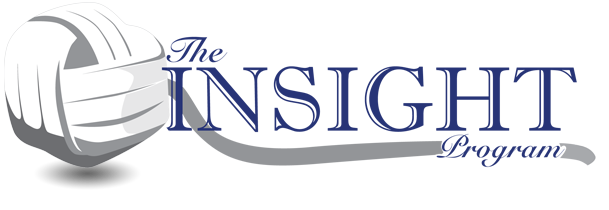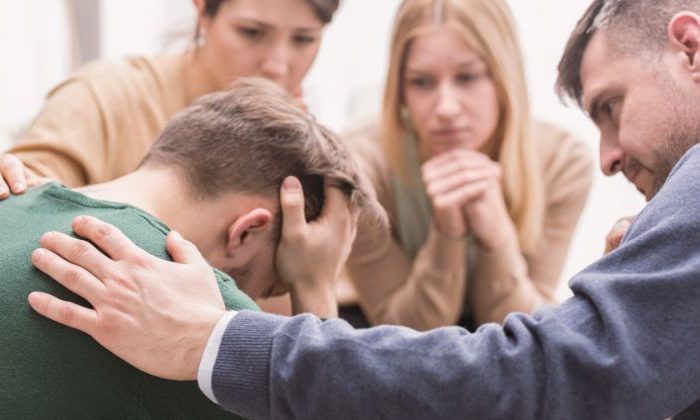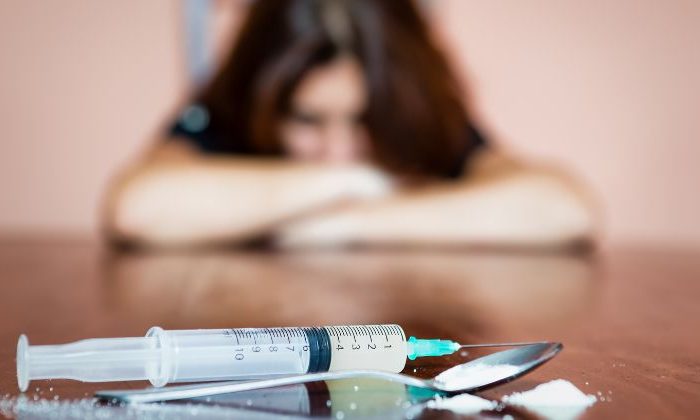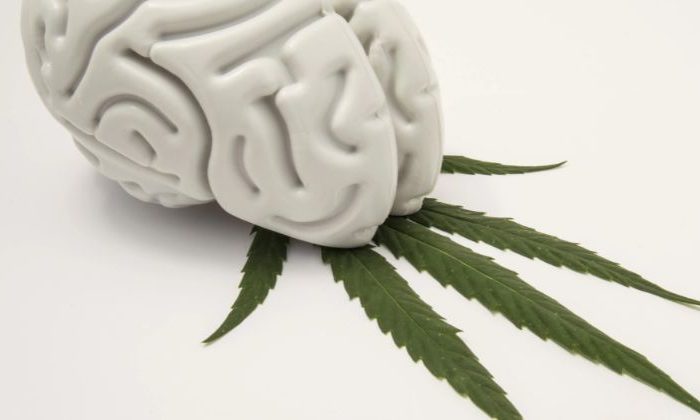Signs of Drug Use in Teens: What you need to know
As a drug abuse program working the field of teen substance abuse for over 30 years, we’ve met with parents wondering the same thing many times. Though the times change, the drugs change, and the influences change, the signs of drug use in teens have remained largely unchanged.
So, how do you know if your teenager is doing drugs?
The process of developing a drug problem takes time, and the signs of using drugs aren’t always obvious. The main signs are gradual changes in friend groups, becoming more secretive or isolated, gradual changes in academic performance, needing more money than usual, and changes in physical appearance.
Most families have a sneaking suspicion that something is up with their son or daughter long before they get any hard evidence. You may have thought about drug testing them. Here are a few signs to pay attention for:
Signs your teen may be on drugs
Changes in friend groups
Teens who use drugs often note that when they began to use, they were quickly accepted by a new group of friends. Further, social acceptance and fun with others are two of the main reasons teens use drugs. This is coupled with the fact that substance use can also strain existing relationships and lead to the loss of friendships with those who do not approve of drug use. This can result in a shift in the social circle towards a group of peers who engage in similar behaviors.
Becoming more secretive
Parents and family members we meet with often note that their child didn’t used to be so secretive. Often, they didn’t have a problem with lying or dishonesty prior to their drug use. If you’ve caught your child in little lies
Becoming more isolated
Teens who engage in drug use may retreat from social interactions and become more isolated, both physically and emotionally. They may also be constantly seeking instant gratification from their phones.
Isolation (such as spending long periods of time in their room) is one of the warning signs of possible drug use among teens. Substance use can have a negative impact on a person’s mental and physical health, potentially leading to feelings of anxiety, depression, and other emotional challenges.
This can be seen in changes in behavior, such as spending less time with friends and family or avoiding social interactions with others.
Changes in academic performance
Changes in a teen’s academic performance is another warning sign of possible teen drug abuse. This is for two reasons:
- Substance abuse can have a significant impact on a person’s ability to concentrate, remember information, and make sound decisions, all of which are crucial to academic success.
- Because substance abuse creates a feeling of euphoria, individuals who use drugs no longer feel te need to seek rewards through natural channels, like making achievements in academics, sports, or hobbies.
As a result, teens who engage in drug use may experience a decline in grades, attendance, and overall academic performance. The change is often gradual.
Loss of interest in hobbies and activities
Teens who are using drugs often gradually lose interest in hobbies and activities they used to enjoy. This phenomenon occurs for the same reason as the changes in academic performance. Because getting high is a much easier rush than the rush of accomplishing something we’ve worked for, things like participating in sports or hobbies fall by the wayside.
Changes in physical appearance
Changes in a teen’s physical appearance can also be a warning sign of possible drug use. Substance abuse can have a significant impact on a person’s health, leading to changes in:
- Weight
- Skin condition
- Overall appearance
For example, drug use can cause excessive weight loss or weight gain, changes in appetite, and overall neglect of personal grooming habits. Additionally, substance abuse can lead to the development of physical symptoms such as red, bloodshot eyes, dilated pupils, and uncharacteristic marks or bruises on the body.
Mood swings
While teens are naturally going through a lot in their lives, more extreme mood swings can be a sign of something more. This occurs for a couple of reasons. First, drugs create their own natural mood swings; first, the user is euphoric and satisfied but is later met with an unpleasant come-down phase and a craving for more.
Second, mind-altering substances mess with our natural hormonal balances. Often, someone who uses drugs even semi-regularly will have trouble finding joy in normal sober life activities after a while. This can create seemingly unpredictable mood swings.
Needing more money than usual
If there’s one thing we all know, it’s that drugs cost money! The need for more money than usual is another warning sign of possible drug use among teens. Substance abuse can be expensive, requiring a consistent supply of drugs to sustain the habit. As a result, teens who engage in drug use may begin to ask for money more frequently, or may even resort to illegal activities to obtain the funds they need to purchase drugs. This can manifest as a sudden increase in spending, especially on items such as clothes or accessories that do not align with their usual financial habits.
Trouble explaining where they’ve been or what they’ve been doing
People who use drugs often have trouble explaining where they’ve been when put on the spot. This is usually a symptom of someone attempting to formulate a cover story. If you’ve noticed that your teen’s stories don’t add up, or their timelines are inconsistent, or they can’t recount who they were with or where they’ve been, it may be a sign of drug use.
What to do with this information
It’s important to note that no single factor above can be used as a “smoking gun” sign of a teenager on drugs. There may be a number of reasons why a teen changes friend groups, engages in dishonesty, or changes in physical appearance. These can range from drug addiction to other mental health disorders, to the normal ups and downs of a teenager who is discovering where they fit in the world.
We encourage parents not to jump to conclusions, but rather to seek outside opinions to determine a course of action that is appropriate for their individual family.
One of the best ways to help sort through what may be happening is to get a professional’s opinion. Speaking with a therapist or counselor trained in responding to adolescent / young adult substance abuse and addiction issues can be invaluable in determining whether or not you should be alarmed by what you’re seeing.
Don’t beat yourself up
If there’s one piece of advice we’d give to parents who are wondering if their teen is on drugs, it’s not to beat yourself up. It’s very common for parents to feel that they should have known or should have seen it coming. It’s also very common for parents to feel that they could have supported their addict without enabling, or should have done something more or taught their kids better.
The fact is, you probably did all of those things. We all wear blinders when it comes to those we love. This is your child! It’s natural to think the best of them.
So … take a deep breath.
If you’re discovering that your loved one may be using drugs or alcohol, take the next step.
How to get in touch with a professional
If you’re not sure if your teen is on drugs, that’s OK. Your parental instinct is telling you that something is off, and that’s enough to know that it’s worth it to take the next step.
There are professionals in counseling offices and treatment programs all over the country who are trained in teen substance use disorder and who will likely have a conversation with you free of charge if you simply ask to discuss your situation with them. If you’re unsure of who to call, asking your physician if they know a good therapist or counselor can be a good place to start.
If you’re anywhere in the Southeast (Georgia, North Carolina, Florida), we’d be happy to meet with you in person or discuss your situation on the phone. As always, we offer evaluations and initial consultations free of charge.







